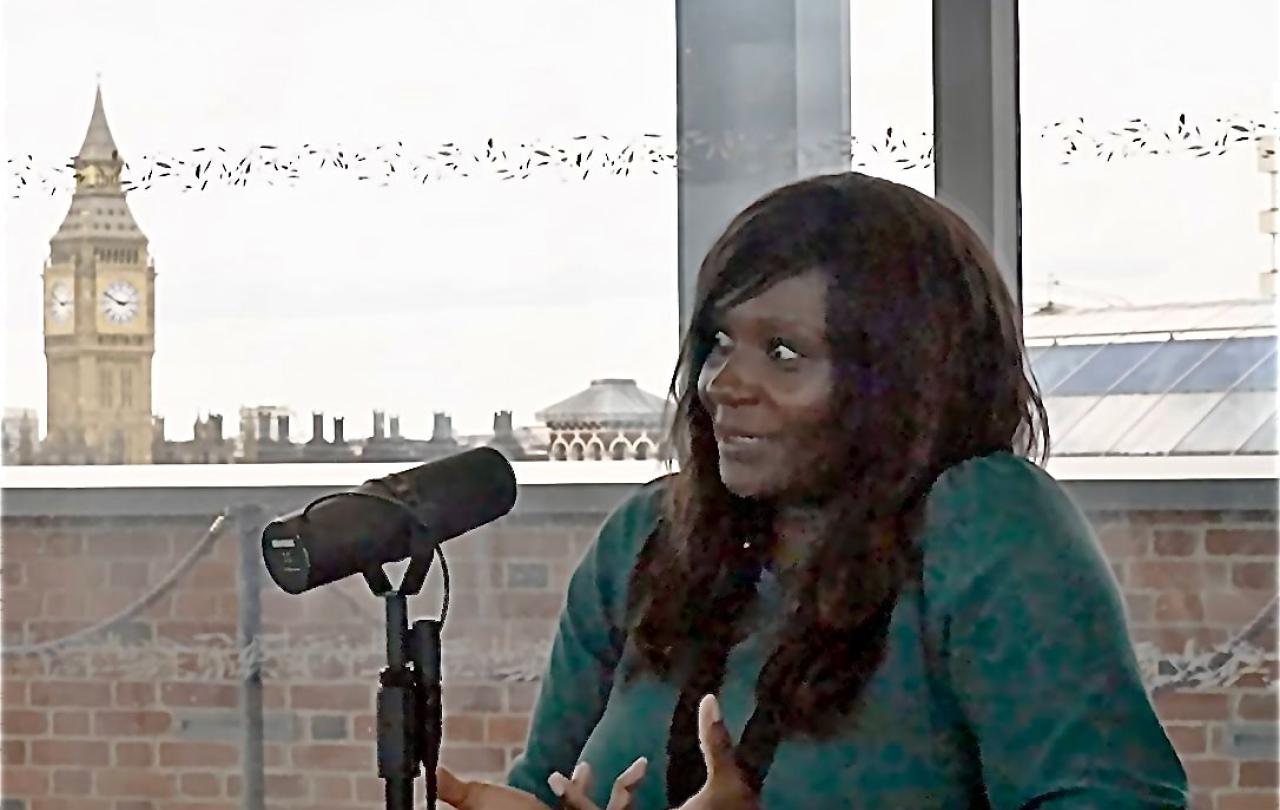
Chine McDonald is an author, public theologian and speaker and the Director of Theos. Her most recent book God is not a white man: And other revelations told her own experience as a black woman in Britain and the way in which both culture and the church still have a long way to go in addressing racism.
How does the Christian story speak to these issues? Is the church just as complicit in racism as the culture around it? What has helped Chine to keep faith in a vision of a truly multicultural kingdom of God in which everybody’s experience and personhood is valued?
And Chine also tells Belle Tindall and Justin Brierley why she loves the music of Beyonce and the lessons we can draw for building a truly multicultural church.
There’s more to life than the world we can see. Re-Enchanting is a podcast from Seen & Unseen recorded at Lambeth Palace Library, the home of the Centre for Cultural Witness. Justin Brierley and Belle Tindall engage faith and spirituality with leading figures in science, history, politics, art and education. Can our culture be re-enchanted by the vision of Christianity?
